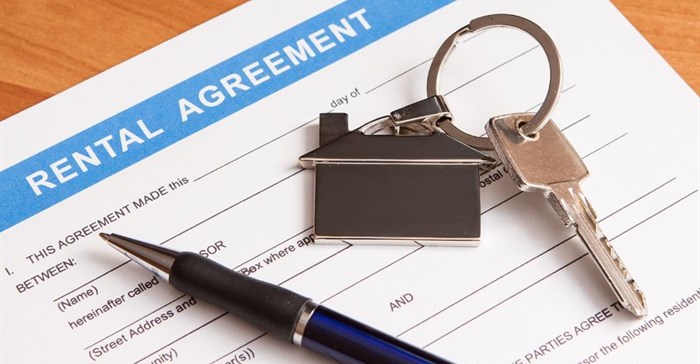In order for a property investor to make a fair return on his investment, he will need to begin by establishing an accurate rental value to charge the tenant.
"When the property investor has an accurate market-based rental price, then they will attract a good calibre, long-term tenant. The combination of a fair market-related rental price and attracting a responsible tenant is what will guarantee the consistent long-term return from the rental property investment," says Grant Rea, RE/MAX Living rental specialist.
Rental prices are largely driven by supply and demand. "With the demand on rental properties in the Cape Town city bowl and the surrounding suburbs at a massive high, it is tempting to be caught up with the excitement of excessively priced rental properties.
"However, overpricing a rental amount will result in the property being ignored, with the property investor left to face costly vacancies. There is also the possibility that overpricing the rental may attract questionable tenants who have been denied an opportunity to rent elsewhere," explains Rea.
Screening of tenants
Many landlords who are only intent on securing the maximum rental may ignore other warning signs about a tenant and forego adequate screening of tenants if they happen to have the financial means to secure the rental. Be aware that tenants are far more equipped with information and options in their hunt for the right rental property than ever before, so they are choosing more wisely and cautiously.
So how does one establish a fair market-related rental price for their property? Rea provides some guidance to setting the right rental price:
- Obtain a comparative estimate by an established local rental agent, who has a good sense of the market and demand in the particular area.
- Establish the market-related sales value of the property - The national average yield (gross) on rental properties or their rental-to-sale-value ratio is approximately 6% to 7%, both nationally and in many good suburbs in Cape Town. Naturally some suburbs have higher levels of demand and will obtain higher rental values, but this is a fair guide for a reasonable property with reasonable finishes.
- Do a comparison of similar offerings online and remember that the better value units will always rent first - a private landlord can definitely start their search online and delve into some of the busiest online destinations where average tenants will start their search as well. Be aware of comparing 'asking' or 'listed' prices as these are often overinflated in the hope that these units will achieve more than the average, however rentals are often concluded at lower figures.
- Offer a fair and reasonable rent to attract fair and reasonable tenants - if the property investor is receiving a dismal response online and a mere handful of unmotivated tenants arrive at the viewing it is safe to say that the rental offering is not representing value.
- Determine if the property has what tenants are looking for, i.e. good, safe suburb; generous clean spaces with ample cupboard space; safe parking; balcony or a space to go outside; views; modern kitchens and bathrooms; a shower option; and plumbing for 'wet' appliances.
- Do your homework - obtain a second opinion from a professional.
Rental escalation
Rea says that there is no law restricting the landlord from offering fair notice to their tenant within 40 to 80 days of the end of the tenancy that the rental amount will be increasing. A myth exists that 10% is the maximum acceptable annual rental escalation, but this is totally inaccurate.
"Unless a provision has been made within the lease agreement referring to the maximum annual escalation, and provided the landlord is being reasonable and can show due diligence in establishing the new rental price, there should be no reason why the landlord cannot increase the rent to get in line with a market-related level, even if this means increasing the rent by more than 10%," he concludes.












































